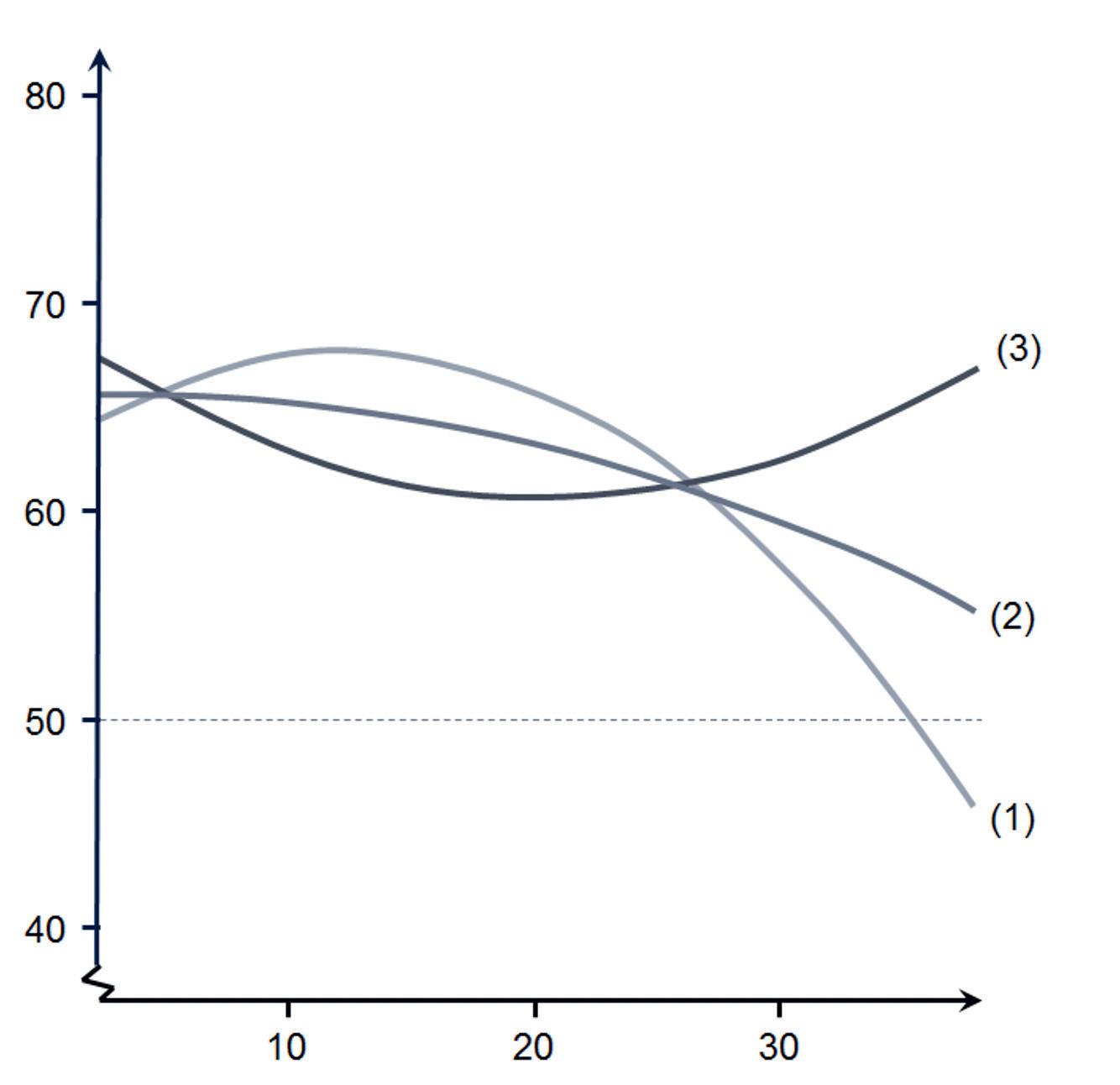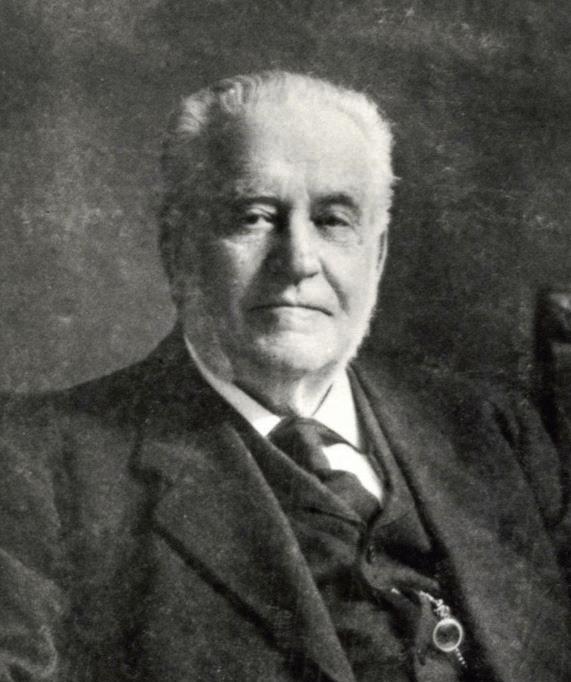Lars Zwagerman and Arthur van Bemmel
Professional conduct is frequently debated in accountancy. On the one hand, we feel the sector should learn from its mistakes. On the other, it’s not always easy for professionals to discuss doubts they have or mistakes they may have made. Society has its own expectations that make it difficult to admit these mistakes and express doubts about one’s own expertise. Young professionals often play a key role in coordinating and performing audit engagements. In this essay, we therefore take the young professional’s perspective on several case examples to show just what it is that makes opening up about errors so hard.
Introduction Audit professionals have weathered a storm of criticism in recent years. Criticism that they’re not bringing enough professional scepticism to bear and not telling what they see. That audit files at public interest entity (OOB) audit firms are below standard. In the last few years, public pressure has resulted in more legislation (requiring rotati on of audit firms and a division of consulting and auditing services), tighter external regulation, improvement plans and the expansion of internal control measures. These responses make sense from the perspective of bureaucratic logic1, which assumes that a professional’s work must be organized based on rules, procedures and hierar chy. They have also borne fruit: professionals (both young and older) increasingly feel themselves to be operating in a quality-oriented culture, keyed to the quality of statutory audits.2 At the same time, auditors feel that all these criticisms and measures impugn their professional integrity. They take pride in the work they do and want to do it well, so when their integrity comes under fire it affects them on a personal level as well. From a societal perspective, after all, integrity centres on the professional’s ‘morality, con stancy and accountability’.3 From a personal perspective, by contrast, integrity is about 1 The notions of ‘bureaucratic logic’ and ‘professional logic’ are inspired by: Freidson, E. (2001). Professionalism. The third logic, Chicago: University of Chicago Press. 2 For example, AFM, 2020. De kwaliteitsslag bij de Big 4-accountantsorganisaties onderzocht juli 2020. And NBA, 2020. Opvattingen over het accountantsberoep Rapportage 2019/2020. 3 Karssing, E. (2006). Integriteit in de beroepspraktijk (dissertation). Assen: Van Gorcum, p. 18.
no is (not) an option
No is (not) an option
85





